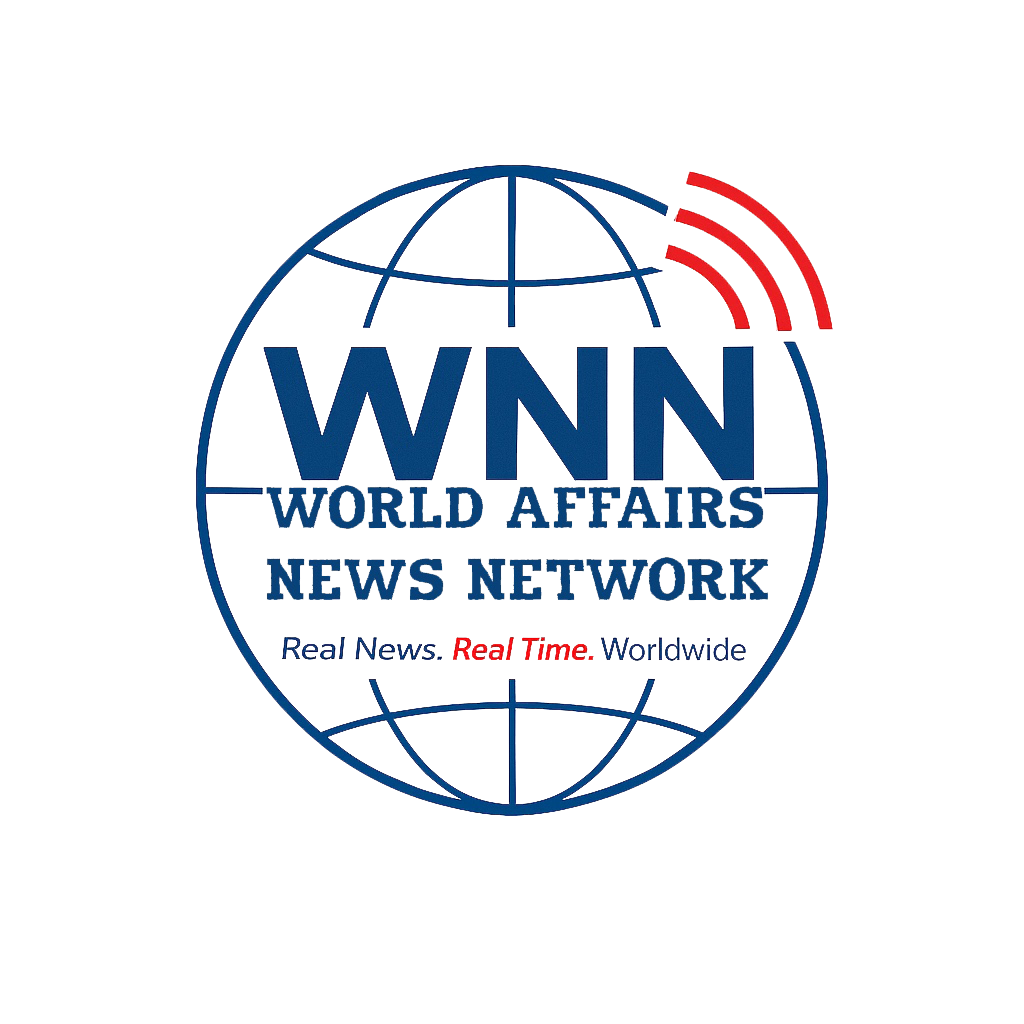NEW DELHI/ BERLIN: India is counting on Germany’s support to strengthen its ties with the European Union and push forward a long-delayed free trade agreement (FTA), even as Washington turns up the heat with steep tariffs on Indian exports.
On Wednesday, Foreign Minister Subrahmanyam Jaishankar met his German counterpart Johann Wadephul in New Delhi during the latter’s two-day visit. The two ministers called for doubling bilateral trade, expanding defense and security ties, and accelerating the India-EU FTA. “We count on your support to deepen our relationship with the European Union and expedite the FTA negotiation,” Jaishankar told Wadephul, adding that India wanted the talks to reach a “decisive conclusion” in the coming days. Wadephul, however, suggested the deal could realistically be concluded in the coming months, while stressing: “If others set up barriers to trade, we should respond by lowering these barriers and hurdles.”
Trade talks between India and the EU revived in 2021 after an eight-year freeze have been hampered by Brussels’ push for lower Indian tariffs on cars and dairy, and stricter labor and environmental rules. India has resisted, citing the need to protect farmers, avoid rigid climate conditions, and retain sovereignty over legal disputes. Jaishankar argued that the volatility of the global economy and geopolitics makes an FTA “a very compelling” step, while Wadephul underlined that “Germany equals the EU for India, just as India equals Asia for Germany.”
The urgency of the talks is heightened by the U.S.’s recent decision to double tariffs on Indian goods. Last month, President Donald Trump imposed an additional 25% levy on Indian imports on top of a similar tariff announced in July—raising duties to 50%. Washington said the move was aimed at punishing India’s purchase of discounted Russian crude oil, which it sees as indirectly financing Moscow’s war in Ukraine. The tariffs, expected to hit $48.2 billion (€41.2 billion) of Indian exports, have triggered strong criticism from New Delhi, which accused the West of hypocrisy for continuing trade with Russia even amid the war.
At the joint briefing, Jaishankar argued that an India-EU FTA was in “our mutual interest,” adding it would “help stabilize the global economy” and provide ballast to a fragile international order. He welcomed Germany’s intent to double bilateral trade from €50 billion and noted Wadephul’s assurance that Berlin would put its “full weight” behind the FTA. “We hope that another round of negotiation takes place fairly soon,” Jaishankar said.
Beyond trade, the two sides discussed a broad agenda covering defense, security, climate, energy, education, technology, and people-to-people ties. Jaishankar highlighted progress in defense export control processes and pledged to address German firms’ concerns about investing and operating in India. He invited German companies to expand in semiconductors and Global Capability Centers. Wadephul also raised concerns over China’s growing assertiveness in the Indo-Pacific, a view New Delhi shares.
Labor mobility and education were also key themes. In Bengaluru, Wadephul emphasized that Germany “urgently” needs highly skilled workers, noting that its consulate there issued 36,000 long-term visas to Indians last year. With over 60,000 Indian students already in Germany—the largest foreign student group—he announced plans to expand the number of Indian schools teaching German from 58 to 1,000. “A third of all international student visas issued by Germany last year went to Indians,” he added. Both ministers agreed to ease visas for short-term academic exchanges.
The Ukraine war, however, cast a shadow. Wadephul urged India to use its close ties with Moscow to push for peace, saying: “The only demand is that weapons fall silent.” He acknowledged that Berlin and New Delhi “don’t 100% see eye to eye” on Russia but insisted that Ukrainian President Volodymyr Zelenskyy has shown willingness for peace. Wadephul voiced support for Trump’s push to bring Russia to the negotiating table, while stressing that EU sanctions are “targeted” financial measures, not tariffs. He warned that Moscow was finding “detours” to sustain its war economy.
India, for its part, has resisted Western pressure to condemn Russia outright since the full-scale invasion in February 2022. While repeatedly calling for dialogue and an end to hostilities, it has rapidly scaled up Russian oil imports to protect its economy from global shocks.
Wadephul’s visit underscored the complexity of India’s strategic positioning. New Delhi is seeking Germany’s leverage to fast-track an EU trade pact, even as U.S. tariffs threaten its export economy. At the same time, India is expanding defense, technology, and mobility ties with Berlin while navigating Western expectations to act as a mediator on Russia.
Three dynamics stand out: (1) Germany is emerging as India’s key gateway to Europe, both economically and diplomatically; (2) Washington is signaling its willingness to weaponize tariffs as geopolitical pressure; and (3) India continues to hedge by safeguarding its strategic autonomy, deepening ties across competing blocs while resisting binary choices. The success of this balancing act will determine whether India can turn current global volatility into long-term strategic advantage.
Hannes Albert with Dr. Shahid Siddiqui; follow via X @shahidsiddiqui
WATCH, LIKE & SUBSCRIBE CHANNEL FOR GEOPOLITICAL NEWS



















